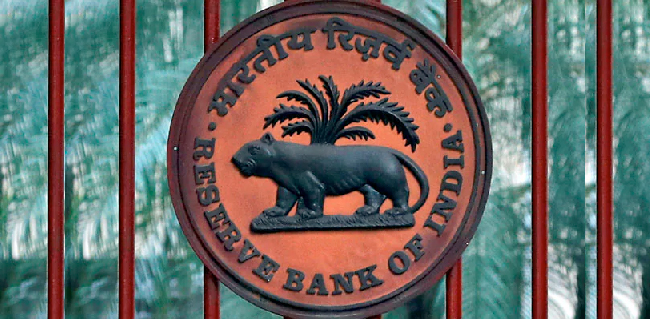The states that have used the old pension system have been warned by the Reserve Bank of India that they run the risk of having unfunded pension obligations in the near future. In a report on state finances, they stated that states cannot defer current expenses.
The annual savings in financial resources that this move brings about are only temporary. “States risk accumulating unfunded pension liabilities in the coming years by delaying current expenses,” they stated in the report.
What was the previous pension plan?
The state government used to pay its employees a pension that was equal to half of their last salary under the old pension system. This pension system is used in Himachal Pradesh, Jharkhand, Punjab, Chhattisgarh, and Rajasthan. The state budget was burdened by the previous system.
In 2004, the government led by Manmohan Singh introduced the National Pension Scheme. This means that employees contribute 10% of their salaries to the pension fund; The employers will provide an equal payment. The employees will receive pensions from this fund. The accumulated wealth will be the foundation for the pension.
The RBI advised states to focus on increasing capital expenditures because doing so would boost their GDPs. It stated that they should establish buffer funds to maintain capital expenditure spending even during economic slowdowns. It said that the states should spend money on health, education, infrastructure, green energy, and other areas.
The most recent state to opt for the old pension plan is Himachal Pradesh.
Under the old pension system, when the dearness allowance goes up due to inflation, pensions go up as well.
The Central Armed Police Force (CAPF) will continue to enjoy the benefits of the previous pension system, according to a recent ruling by the Delhi High Court.























